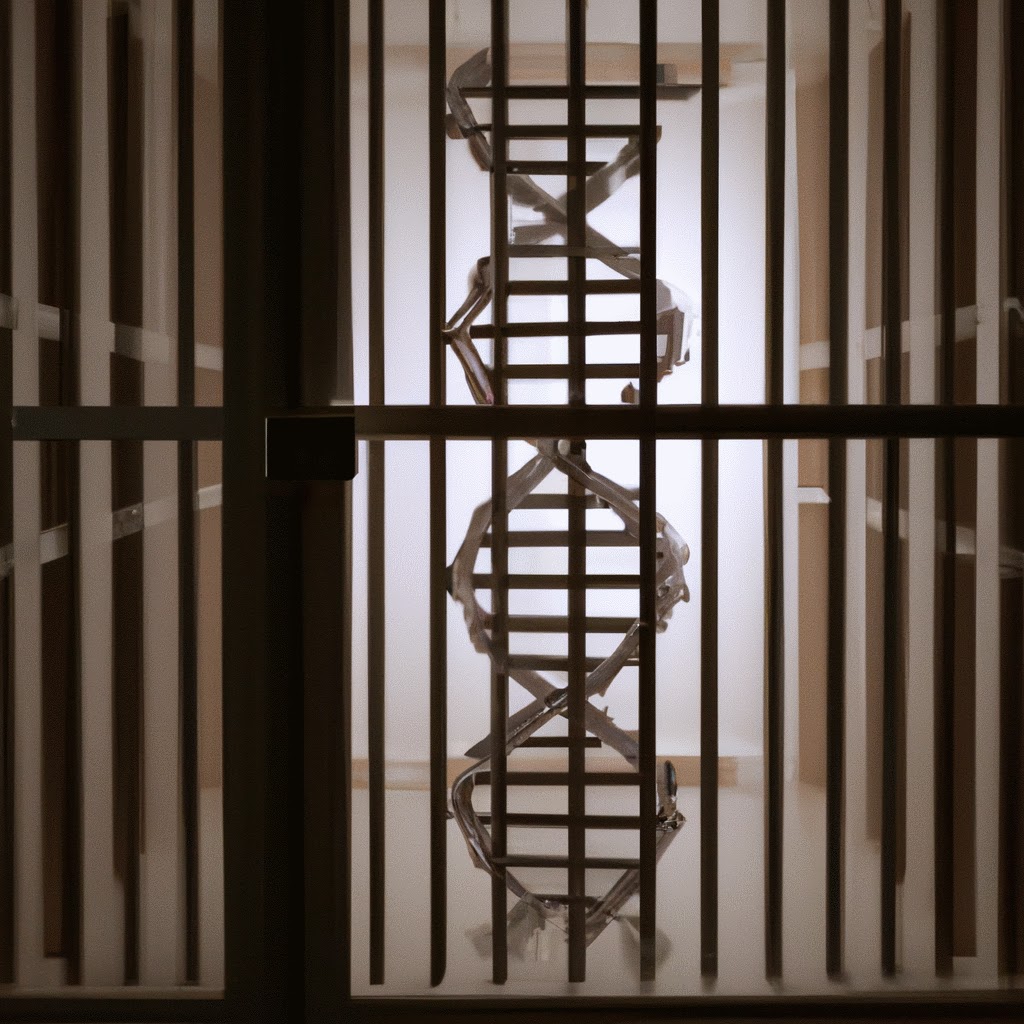A couple of people have spoken to me before about wanting to cut back on, or completely cut meat from their diets, but didn’t know where to start. If anyone reading this feels the same way, here’s some fairly basic recipies that I usually recommend (Bosh’s tofu curry is straight up one of the best currys i’ve ever had - even my non-vegan family members love it)
Written:
- ‘Butter’ Tofu Curry (Written Recipe)
- Lentil Soup (Written Recipe)
- Caribbean Stew (Written Recipe)
- Sweet Potato & Cauliflower Curry Pies (Written Recipe)
- Afghan Kidney Bean Curry (Written Recipe)
Videos:
- 5 Minute Vegan Pasta Sauces (YT / Invidious)
- Ultimate Vegan Chilli (YT / Invidious)
- Enchiladas Verdes (YT / Invidious)
- Ultimate Plant-Based Fried Chicken (YT / Invidious)
- Mac & Cheez (YT / Invidious)
- Wicked Lasagna (YT / Invidious)
- Smash Tacos (YT / Invidious)
Tofu is also super versatile and is pretty climate-friendly. there’s a bazillion different ways to do tofu, but simply seasoning and pan frying some extra/super firm tofu (like you do with chicken) with some peppers and onions, for fajitas, is an easy way to introduce yourself. Here’s a little guide for tofu newbies: A Guide to Cooking Tofu for Beginners - The Kitchn. If you wanna level up your tofu game with some marinades here’s six.
Lentils and beans are also super planet friendly, super cheap, and super versatile! You’ll be able to find recipies all over that are based around lentils and beans so feel free to do a quick internet search.
Sorry for the huge, intimidating wall of text! I do hope someone interested in cutting back on meat found this useful though :)
I recommend tofu sisig and sweet & sour tofu!
One of the things that annoys me about vegans… is they always try to convince me [this recipe] always tastes like the real thing.
And I think any one who eats meat on a regular basis is going to know an impossible burger is not beef- it might be the closest, sure.
Probably the best way to “convert” people- or encourage reductions- is to be less apologetic. Tofu is wonderful and delicious as it’s own thing- but as tofu-chicken or tofurky or anything of that sort, it sets expectations that can never be met.
Forgetting to mention a dish that stands in its own happens to be meatless… well, my parents were halfway through the second bowl of a tofu stir fry before they realized it.
When I went vegetarian years ago I hated it for the first few weeks… Because I was trying veggie/vegan versions of all the dishes I knew how to make. When I started exploring actual just veggie/vegan recipes that weren’t trying to be a fake meat version did it feel incredibly easy.
It’s exactly as you said, the fake version is never as good and you’ll most of the time be comparing it to the real thing… But meals that just happen to be vegetarian/vegan? They can be amazing on their own! I’ve never looked back since I started exploring new recipes instead of alternative versions of old.
Eating the rich is by far the most eco-friendly approach as it can dramatically reduce greenhouse gas emissions.
Can’t we all just agree 8 billion people is silly? Think about how much of it is just completely redundant. The main focus really should be massive population reduction.
Edit: Also, no, I don’t mean killing off anyone, just reducing birth rates will do fine. We know even just a simple high school education reduces birth rates.
This is the core argument to eco-fascism.
Reducing birthrates is not genocide. As long as the population continues to increase, human life will be more and more devalued as we continue to choose quantity over quality of life because of a DNA delusion.
It literally is genocide, by definition. I know you think you are correct and moral, just like everyone else that ends up thinking stuff like this, but you’re not. You need serious psychiatric help as soon possible.
What a call. The poor fucker just blew themselves up out the front of a fertility clinic.
Wait, what?
Holy fuck
Who gets to have kids?
The poor? The blacks? The Jews?
Forcibly reducing birthrights is absolutely genocide. Unless you are talking solely of reducing birth rates within your own ethnic group…I wouldn’t call Chinas “one-child” policy genocide, per se, but it absolutely paved the way for systemic infanticide. And that’s not really significantly better.
Definitely not poor people. I think requiring a license to have children would not be a bad idea. I would not acknowledge reproduction as a human right, but instead as a form of rape.
I am also not bothered by infanticide as long as it is done humanely, and assuming both parents do not want the child.
What about soy derivates being used as estrogens by the body suppressing testosterone. Plus to keep soy fields you have to spray more pesticides than everything else.
In fact, almost 80% of the world’s soybean crop is fed to livestock, especially for beef, chicken, egg and dairy production (milk, cheeses, butter, yogurt, etc).
https://wwf.panda.org/discover/our_focus/food_practice/sustainable_production/soy/
No effects of soy/isoflavones on testosterone or estrogen levels in men were noted.(conclusion of 38 clinical studies)
https://www.sciencedirect.com/science/article/pii/S0890623820302926 :(
So fake.
im a vegan with a soy allergy. not seeing the correlation
Sorry for replying only now. Do you know what soy does to pollutants present in the terrain used to cultivate it? “Grok says”
"Soil Contamination: The intensive use of agrochemicals can lead to the accumulation of toxic residues in the soil. While soybeans require fewer fertilizers due to their nitrogen-fixing ability, herbicides are applied to 98% of U.S. soybean fields, and fungicides and insecticides are used on 22% and 20% of fields, respectively. These chemicals can degrade soil health over time and contribute to pollutant buildup. https://www.newrootsinstitute.org/articles/soy-farms https://www.researchgate.net/publication/258110341_Land_and_water_requirements_for_soybean_cultivation_in_Brazil_environmental_consequences_of_food_production_and_trade
Heavy Metal Accumulation: Soybeans are bioaccumulators, meaning they can uptake heavy metals like cadmium, lead, or arsenic from contaminated soil, water, or fertilizers. These metals can accumulate in the soybean grain, potentially entering the food chain. This property is sometimes exploited for bioremediation (cleaning contaminated soils), but it also means soy grown on polluted terrain may concentrate these contaminants.
Heavy Metals in Soy and Their Relevance to Allergies Heavy Metal Uptake by Soybeans: Soybeans are bioaccumulators, capable of absorbing heavy metals like cadmium (Cd), lead (Pb), arsenic (As), and mercury (Hg) from contaminated soils, water, or fertilizers. For example, studies have shown soybeans can accumulate cadmium from phosphate fertilizers or polluted irrigation water, with concentrations varying based on soil conditions.
These metals can end up in soy-based foods (e.g., tofu, soy milk, or animal feed), potentially entering the human food chain.
Allergic Reactions and Heavy Metals: Direct Allergic Potential: Heavy metals themselves are not common allergens, but they can act as haptens—small molecules that bind to proteins in the body, potentially triggering immune responses. For instance, nickel and cobalt are known to cause contact dermatitis in sensitive individuals, though this is less relevant for ingested metals in soy.
Soy Allergens and Metal Interactions: Soy is one of the top eight food allergens, with proteins like Gly m 5 and Gly m 6 triggering reactions in sensitive individuals. There’s no direct evidence that heavy metals in soy exacerbate these allergic reactions, but metals can cause oxidative stress or inflammation, potentially amplifying immune responses in predisposed individuals. For example, cadmium exposure has been linked to increased inflammation, which could theoretically worsen allergic symptoms, though specific studies on soy are lacking.
Environmental Exposure: Heavy metals in soil or water from soy cultivation runoff (e.g., in Brazil’s Cerrado or U.S. Midwest) can contaminate local ecosystems, leading to inhalation or skin exposure in nearby communities. Chronic low-level exposure to metals like lead or arsenic may sensitize immune systems, potentially increasing susceptibility to allergies, though this is speculative and not well-studied in the context of soy specifically.
“Grok” say so.
so the scientific articles that someone else linked are fake but groks word is gospel ?
Nah Corporations and industries creates 1000x more greenhouse gases than meat and agriculture.
And who supports these corporations and industries by buying their shit?
“Companies have customers and therefore they have no responsibility to climate change whatsoever. They don’t have to manage their waste, they can dump recyclables into the landfill, and it’s the customers fault!”
Fuck off with this shit.
So you think there is some perfect way to manage waste? Because if you can understand that’s not the case, then you can understand that the more people like YOU support these companies, the more waste there will be. This really is not complicated. I know the average person is adamant about not taking any responsibility and shifting it onto politicians and corporations, but that’s the kind of retarded thinking that got us to 8 billion redundant people.
This crucially important caveat they snuck in there:
“Prof Scarborough said: “Cherry-picking data on high-impact, plant-based food or low-impact meat can obscure the clear relationship between animal-based foods and the environment.”
…which is an interesting way of saying that lines get blurry depending on the type of meat diet people had and/or the quantity vs the type of plant-based diet people had.
Takeaway from the article shouldn’t be meat=bad and vegan=good - the takeaway should be that meat can be an environmentally responsible part of a reasonable diet if done right and that it’s also possible for vegan diets to be more environmentally irresponsible.
If I source my beef or lamb from low-impact producers, could they have a lower footprint than plant-based alternatives? The evidence suggests, no: plant-based foods emit fewer greenhouse gases than meat and dairy, regardless of how they are produced.
[…]
Plant-based protein sources – tofu, beans, peas and nuts – have the lowest carbon footprint. This is certainly true when you compare average emissions. But it’s still true when you compare the extremes: there’s not much overlap in emissions between the worst producers of plant proteins, and the best producers of meat and dairy.
https://ourworldindata.org/less-meat-or-sustainable-meat
Plant-based foods have a significantly smaller footprint on the environment than animal-based foods. Even the least sustainable vegetables and cereals cause less environmental harm than the lowest impact meat and dairy products [9].
That’s both absolutely true and a massive distraction from the point. An environmentally friendly diet that includes meat is going to involve sustainable hunting not factory farming. In comparison an environmentally friendly vegan diet is staples of meat replacements and not trying to get fancy with it. It’s shit like beans instead of meat, tofu and tempeh when you feel fancy. It means rejecting substitutes that are too environmentally costly such as agave nectar as a sweetener (you should probably use beet or cane based sweetener instead).
So in short eat vegan like a poor vegan not like a rich person who thinks veganism is trendy
“So in short eat vegan like a poor vegan not like a rich person who thinks veganism is trendy”
But in the context of this conversation, wouldn’t eating like a poor vegan rely heavily on buying products that also have a heavy impact on the environment?
You would have to buy cheaper products which come from mass produced farms that use TONS and TONS of water! And generate TONS and TONS of carbon emissions during production of those products.
To be vegan AND
advocate for conservation(you can advocate for something no matter your own behavior. That’s the wrong word to use) to claim that your lifestyle is better for the environment than your non-vegan counterparts, you have to have money.I ain’t never heard of a gram of black beans with more co2 emissions than a gram of beef







